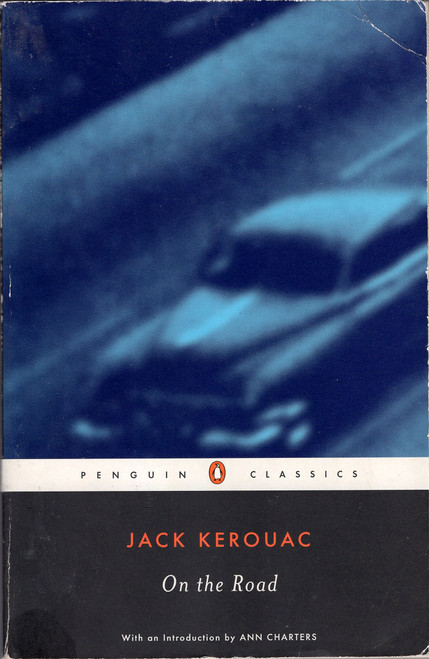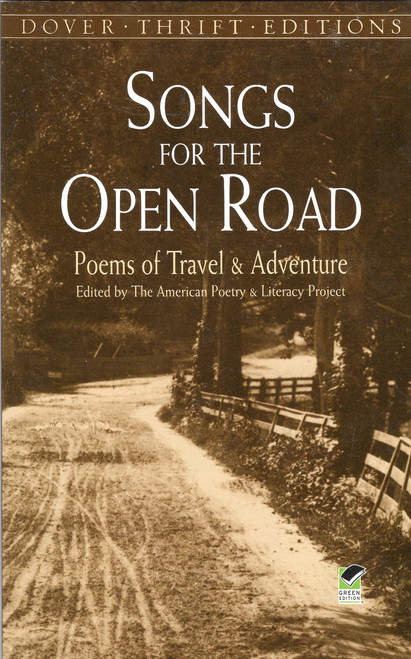The Road to Wigan Pier by George Orwell is a powerful and thought-provoking account of the harsh living conditions in the industrial north of England during the 1930s. The book is divided into two parts: the first provides a vivid portrayal of the grueling lives of coal miners, while the second part investigates Orwell's reflections on socialism, class, and political ideologies. Written with Orwell’s signature clarity and social awareness, this work remains a critical text for understanding the intersection of class, poverty, and politics, offering a poignant commentary on societal inequalities that still resonate today.
Editorial Review(s)
"Orwell's code was a simple one, based on truth and 'decency'; he was important—and original—because he insisted on applying that code to his own Socialist comrades as well as to the class enemy....It is the best sociological reporting I know." —The New Yorker
About the Author
George Orwell (1903–1950) was an English writer, journalist, and essayist, widely regarded as one of the most significant figures in 20th-century literature. Known for his lucid prose, political insight, and opposition to totalitarianism, Orwell wrote extensively on social injustice, the workings of power, and the complexities of class. His most famous works, 1984 and Animal Farm, remain staples of modern political thought. Orwell’s experiences as a soldier in the Spanish Civil War, his time living among the working class, and his commitment to democratic socialism profoundly shaped his writings, including The Road to Wigan Pier, where he offers a searing examination of the conditions faced by the working poor in industrial England.








